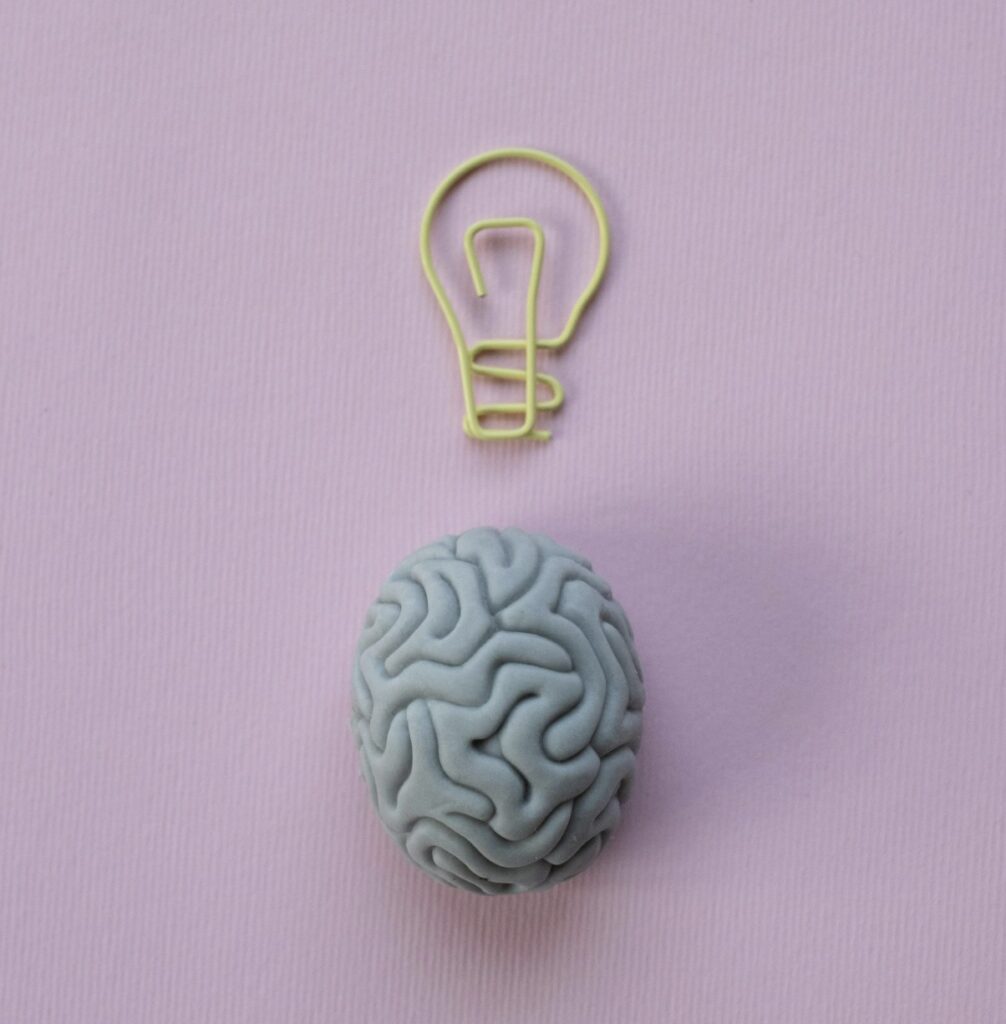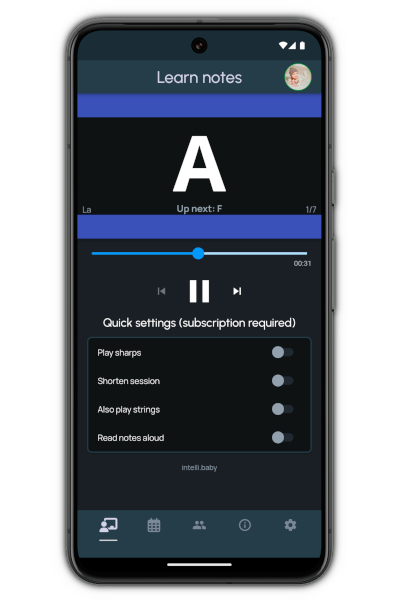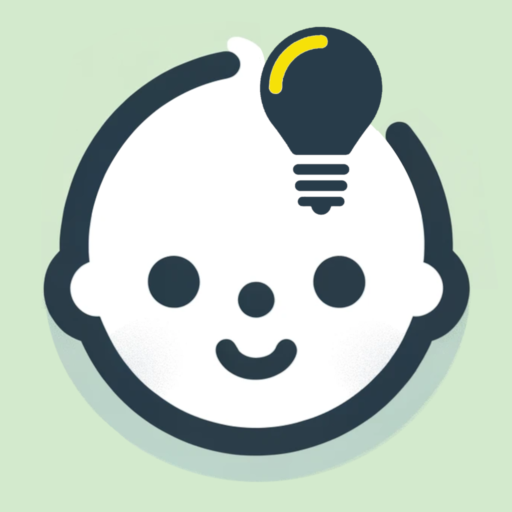Perfect pitch, or absolute pitch, is the extraordinary ability to identify or recreate a musical note without any reference tone. This rare skill allows individuals to recognize notes as effortlessly as distinguishing colors. Despite its rarity, research suggests that perfect pitch can be cultivated, especially when training begins early in childhood.
The Critical Period

The concept of a “critical period” is pivotal in the acquisition of perfect pitch. During early childhood, typically from birth to around four to six years of age, the brain is exceptionally receptive to learning new skills, including music. This period is characterized by rapid neural development and plasticity, making it an ideal window for musical training.
Scientific studies have shown that children exposed to musical training during this critical period are more likely to develop perfect pitch. The brain’s ability to absorb and retain musical information is at its peak, making early intervention crucial. Delaying this exposure means missing the optimal time frame when the brain is most capable of mastering this skill.
Methods and Tools
Parents can play a significant role in nurturing their child’s musical abilities. Here are some effective techniques and tools to help develop perfect pitch:

Daily Exposure to Music: Consistently playing a variety of music at home helps familiarize children with different notes and tones. Singing along and encouraging your child to join in can reinforce their auditory skills.
Interactive Learning Apps: Leveraging technology can make this process fun and engaging. An app like “Perfect Pitch for Babies” is designed to introduce musical notes and provide structured learning sessions that are easy to integrate into daily routines.
Flashcards and Visual Aids: Using flashcards with musical notes and corresponding sounds can help children associate visual cues with auditory information. This method reinforces recognition and recall.
Instrumental Play: Introducing simple musical instruments, like a xylophone or piano, allows children to experiment with creating sounds. Parents can guide them in identifying and replicating notes, turning playtime into a valuable learning experience.
Encouragement for Parents

Developing perfect pitch may seem like a daunting task, but with the right tools and dedication, it is an achievable goal. The key is to start early and make musical activities a regular part of your child’s life. Utilize available resources, from educational apps to simple home-based activities, to create a rich musical environment.
Embracing these methods not only aids in developing perfect pitch but also enhances overall cognitive and emotional growth. Music has the power to unlock various developmental benefits, making it a valuable addition to any child’s early education.
The journey to developing perfect pitch begins with early and consistent exposure to music. By leveraging the critical period of brain development, parents can give their children a unique and lasting gift that enriches their lives and opens up a world of musical possibilities.

Leave a Reply